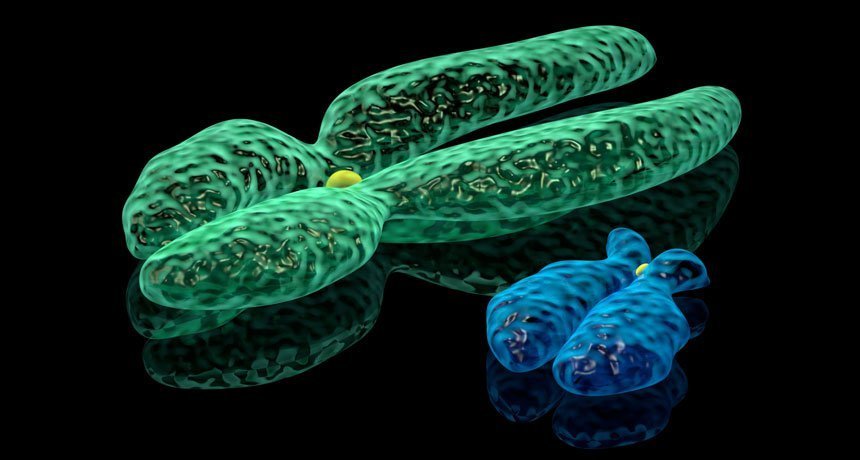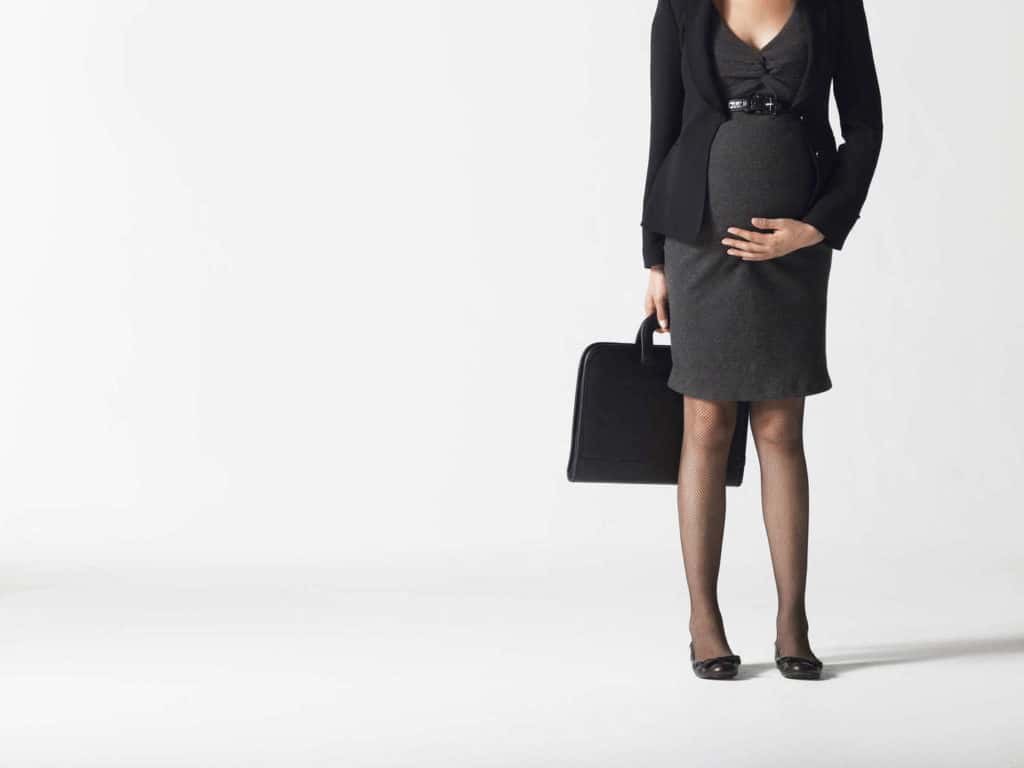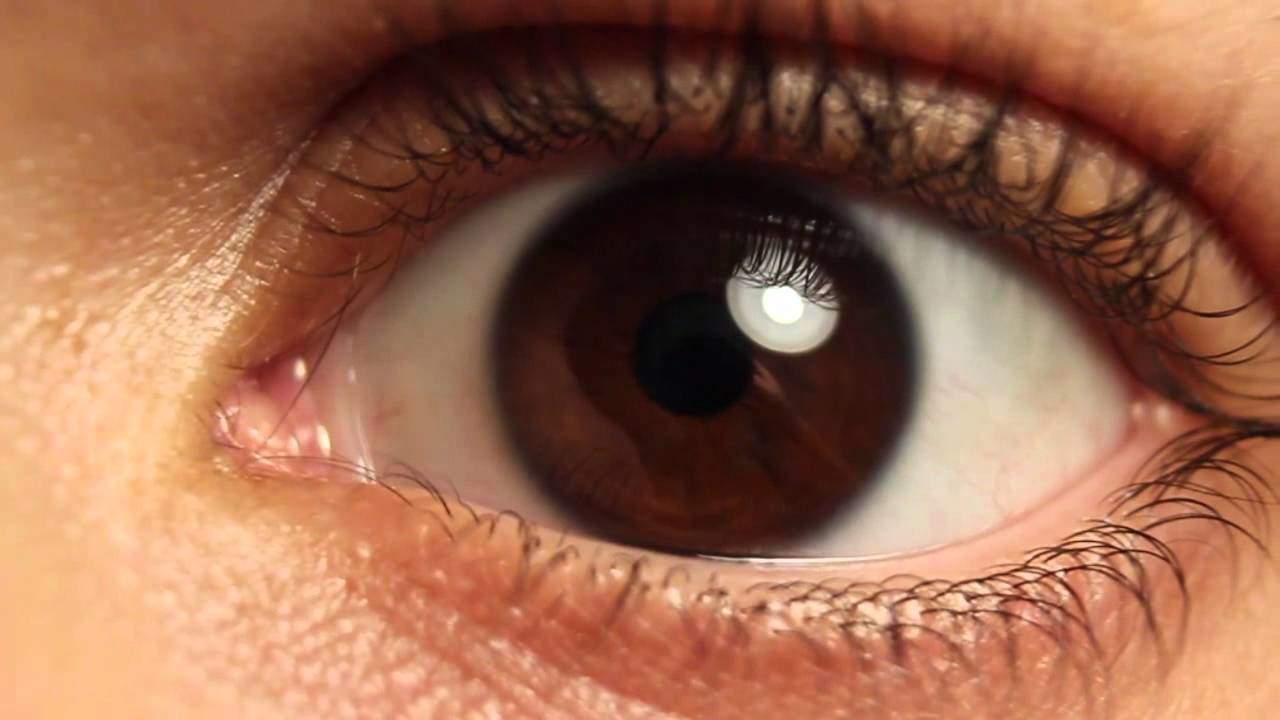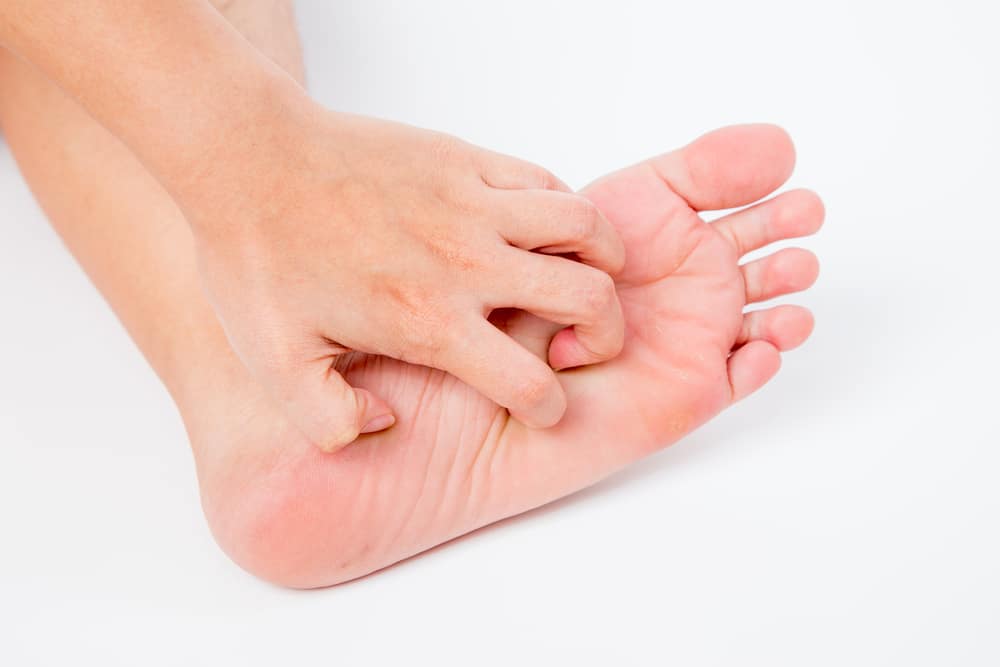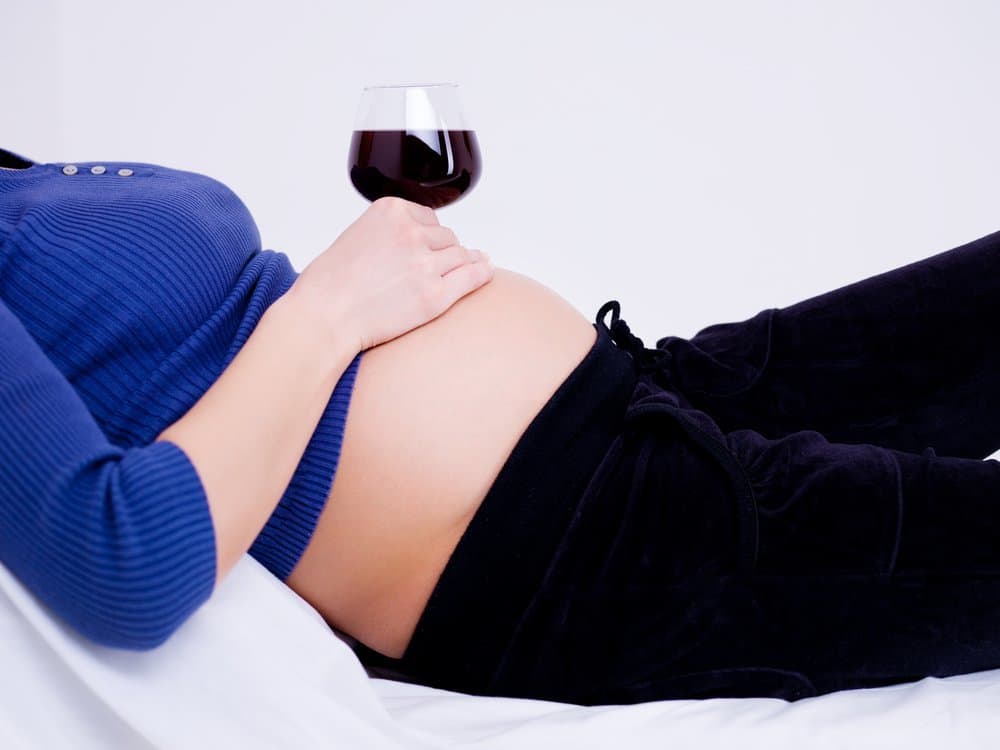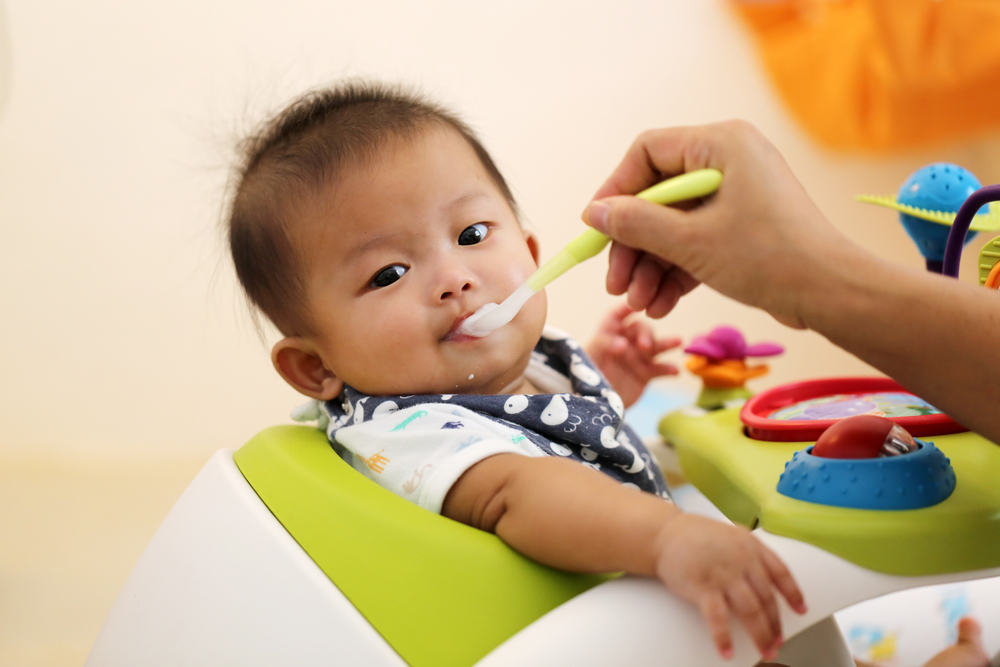Contents:
- Medical Video: Birth Defects - What You Need To Know
- How do chromosomal abnormalities occur?
- Meiosis
- Mitosis
- Why are older pregnant women more at risk for chromosomal abnormalities?
Medical Video: Birth Defects - What You Need To Know
Chromosomal abnormalities are one of the problems that babies can experience from the womb. This can cause delays in the growth and development of babies from the womb. It also becomes something that endangers your baby's health, it can even cause a baby's death before birth. Usually chromosomal abnormalities are more prone to occur in pregnant women at an older age. What caused it?
How do chromosomal abnormalities occur?
Your uterus can have chromosomal abnormalities before they are born. Chromosomal abnormalities can occur because of an error when your baby's cells divide. This cell division is called meiosis and mitosis.
Meiosis
Meiosis is the process of dividing cells from sperm and eggs to make new cells, including sex cell division. This is the initial process of growth in the womb baby after the egg meets sperm. Cells from mothers and fathers will contribute 23 chromosomes, so their prospective babies will get a total of 46 chromosomes.
However, when this meiotic division does not occur correctly, the chromosome obtained by the baby can have an excess amount or even less than the normal number (46 chromosomes). Errors in this division process will result in chromosomal abnormalities in your prospective baby.
READ ALSO: Factors That Trigger the Risk of Containing a Down Syndrome Baby
As time goes on, the prospective baby then receives an additional chromosome (called a trisomy) or experiences a chromosome loss (called monosomy). This pregnancy with trisomy or monosomy can cause miscarriage or stillbirth (stillbirth) If this pregnancy can last until full gestational age, the baby can experience health problems that he can suffer for life. All of this happens because of chromosomal abnormalities experienced by the womb.
Here are some examples of cell division errors that cause chromosomal abnormalities.
- Down syndrome, is a genetic disorder caused by cell division chromosome number 21 errors. In this disorder, a person has 3 cells chromosome number 21 (trisomy).
- Turner syndrome, which is a genetic disorder that occurs in women, where a woman has only one sex chromosome X (monosomy X). (Normally, someone has two sex chromosomes X or one sex chromosome X and Y)
- Edward syndromechromosomal abnormalities that occur on chromosome number 18. Excess cells occur on the chromosomes in this number (trisomy 18).
- Patau syndrome, occurs because of chromosome abnormalities number 13. There are 3 cells on chromosome number 13 (trisomy 13).
- Cri du chat syndrome, occurs because 5p chromosome disappears. This causes various problems, such as small head size, language problems, delayed walking, hyperactivity, mental disability, and others.
Mitosis
Mitosis is almost the same as meiosis, which is the process of cell division when the fertilized sperm is developing. However, the cells produced from this mitotic division are more numerous than cells produced from meiosis. Mitosis can produce as many as 92 chromosome cells, then split into 46 chromosomes and 46 chromosomes, and so on until you form your prospective baby.
During mitotic division an error can also occur, causing chromosomal abnormalities in the baby. If the chromosomes are not divided in equal numbers, newly formed cells can have an additional chromosome (47 chromosomes) or experience chromosome loss (the number of chromosomes becomes 45). This abnormal number of chromosome cells can cause your baby to experience chromosomal abnormalities.
READ ALSO: What You Should Know About Pregnancy Over 35 Years Old
Why are older pregnant women more at risk for chromosomal abnormalities?
Older pregnant women have a greater chance of experiencing chromosomal abnormalities than young pregnant women. This is because there are differences in the age of eggs that are owned by older women and young women.
Women are born with a number of eggs stored in their ovaries, in contrast to men who continue to make new sperm. These eggs will not increase in number, it decreases because every month the egg will be released by the ovary. If the egg is fertilized by sperm, pregnancy will occur. Whereas, if it is not fertilized, menstruation will occur.
These eggs will ripen and be released starting at puberty. As we get older, of course the number of eggs will decrease and the age of the egg of the woman also follows the age of the owner. If a woman is 25 years old, then the egg is also 25 years old. If a woman is 40 years old, the egg is also 40 years old.
Many experts believe that chromosomal abnormalities can occur due to aging in eggs and possibly also because eggs have the wrong number of chromosomes at fertilization. Older eggs are more prone to errors during the process of meiosis or mitosis. Thus, women who are pregnant in old age (more than 35 years) have a greater risk of experiencing chromosomal abnormalities.
If you are pregnant at the age of 35 years or more, you should routinely check your pregnancy to an obstetrician. You can also do a chromosomal abnormality test in a baby before birth, such as an amniocentesis test or chorionic villus sampling (CVS).
READ ALSO: How to Detect Chromosome Abnormalities in Infants in the Contents

